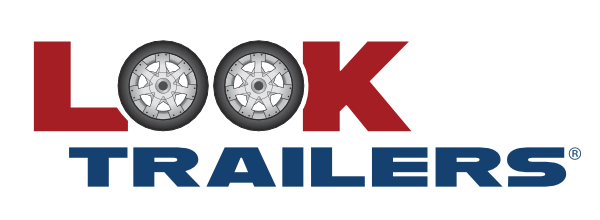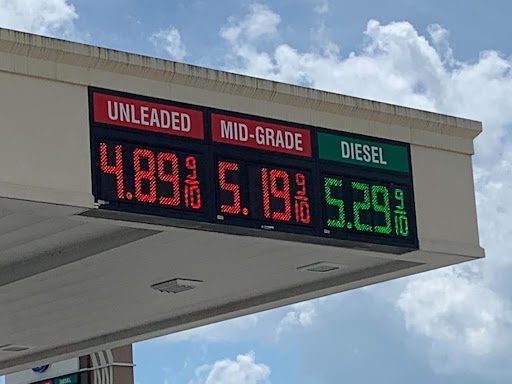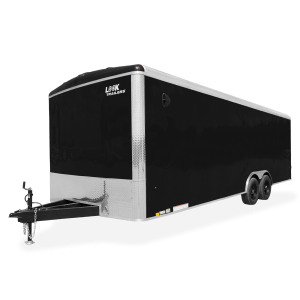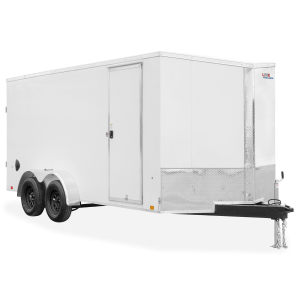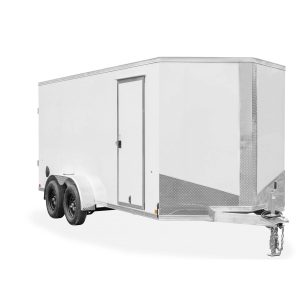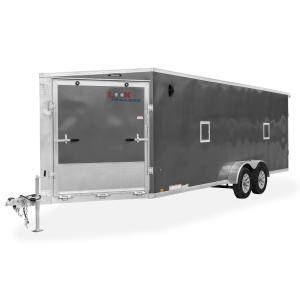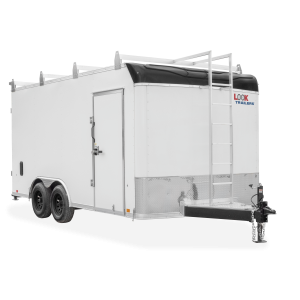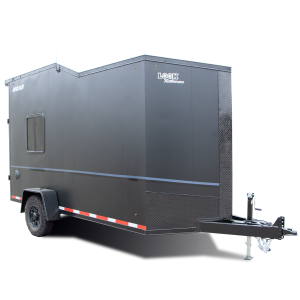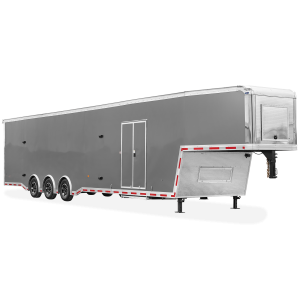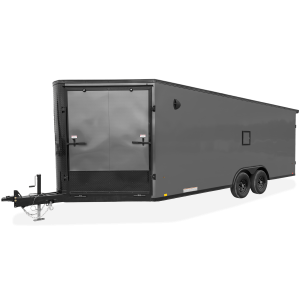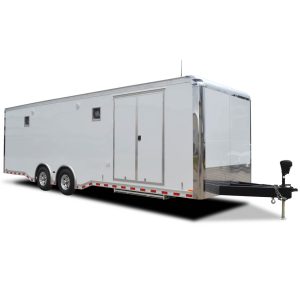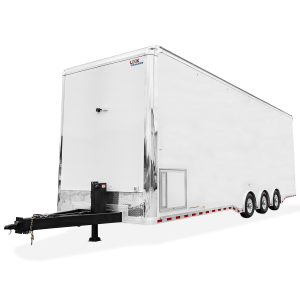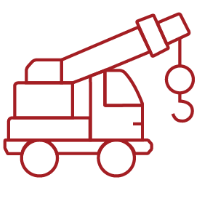As gas prices hit record levels in the U.S., many business owners and towers of all types of trailers are looking for ways to stretch the mile to the gallon as much as they can. When hitched up to your trailer, there are a lot of factors influencing the fuel economy of your tow vehicle. Here are some tips to get you more miles for your money:
Just like you might do in adverse weather,
ALLOW YOURSELF A LITTLE EXTRA TIME.
1.) Slow and Steady saves the Most
Pay attention to the way you drive while towing your vehicle. It will pay off to pay close attention to your speed and try little changes in driving strategy. Coasting down an incline, for instance, can increase your mpg averages. Use cruise control, but only when on a nice, flat road.
And while you are not always going to get there faster, many veteran haulers agree that maintaining a lower speed is a game-changer. It also helps to keep a nice and easy, consistent pace. That means the fewer stops, the better. Avoiding areas with a high volume of traffic lights or stop signs is key to increasing those miles per gallon. Download the Waze traffic app to avoid construction, accidents, and traffic jams. Additionally, Google Maps is a great tool to help you find the best route for your tow. Lastly, GasBuddy is a useful app that can help you navigate, not just fuel stations, but fuel stations with the best price.

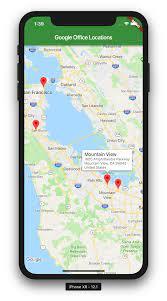
2.) Maintenance Schedule is as important as ever
When trying to save money at the pump, the last thing you want to hear is that you need to spend more money on your vehicle. However, if you properly maintain both your trailer and your tow vehicle, gas mileage should directly be influenced. Consult your owner’s manual and perform required maintenance tasks when directed. Maintaining your vehicle will keep it running in tip-top shape, improving its efficiency and fuel economy. Be sure to also use the proper fuel as instructed by your vehicle’s manufacturer. If your vehicle requires premium fuel, don’t put in regular. This might save you upfront, but it’ll cause maintenance problems for you in the future. Watch your tire pressure, too. Keeping the correct PSI in the tires of the entire rig can have a huge impact on whether or not you are getting the best mileage possible.
3.) Manage Your Weight
Weight can be a huge factor in fuel efficiency. Follow these best practices when loading up your trailer:
Pay attention to your Trailer GVWR (Gross Vehicle Weight Rating) (This Can be found on the tongue of your trailer) and don’t overload it. You can check your weight at many repair facilities or at truck stops that have scales.
You also want to make sure that the weight is evenly distributed in your trailer when you’re loading up.
Consider smaller loads. If you use your trailer for work, do you need all of the equipment you are towing? Can you leave some of it back at the shop and tow only when needed?
4.) Consider your tow vehicle & what you’re pulling with it
First things first. Check the specs and be sure that your tow vehicle and your trailer are absolutely compatible. Take into account the loaded weight of both the hauling vehicle and the trailer.
Also, choose the right vehicle for towing the load. For heavier trailers, be sure to tow with a vehicle with enough power and adaptability to take on the challenge.
There are many options designed for hauling. A diesel engine may help cut down on fuel costs if you pull a trailer often. But a big truck like that might not be practical for you. It all depends on what you want to tow, how far, and how often.
If you can lighten your load, do it. It’s basic physical science that the heavier an object is, the more power it takes to accelerate it. By choosing your hauler and your trailer wisely and keeping the tow weight down, you are making moves to improve your gas mileage while towing.
5.) We make Lighter Trailers
If you are able to, and it is practical, consider an all-aluminum trailer. Aluminum is a very lightweight material. It is easier than a steel trailer to pull and move from location to location. Because of their lighter weight, you can tow an aluminum trailer with a vehicle with a lower tow capacity. A vehicle that gets better gas mileage than a large truck. Also, because aluminum is so much lighter than steel, you will have a larger payload with your trailer. There is also less maintenance and upkeep.
Choosing the right vehicle and trailer, as well as maintaining them are primary factors in whether or not you are towing efficiently. Every dollar counts and if you follow these tips, you might be able to save a few by getting better mileage while towing.
